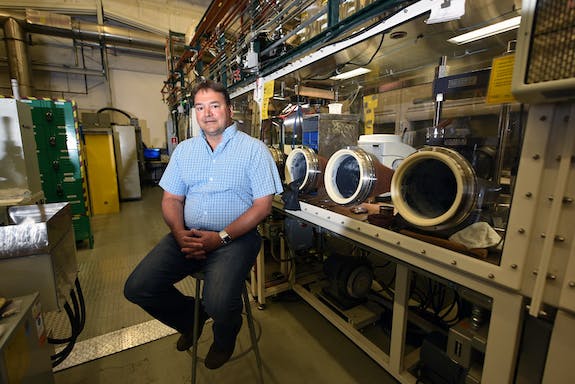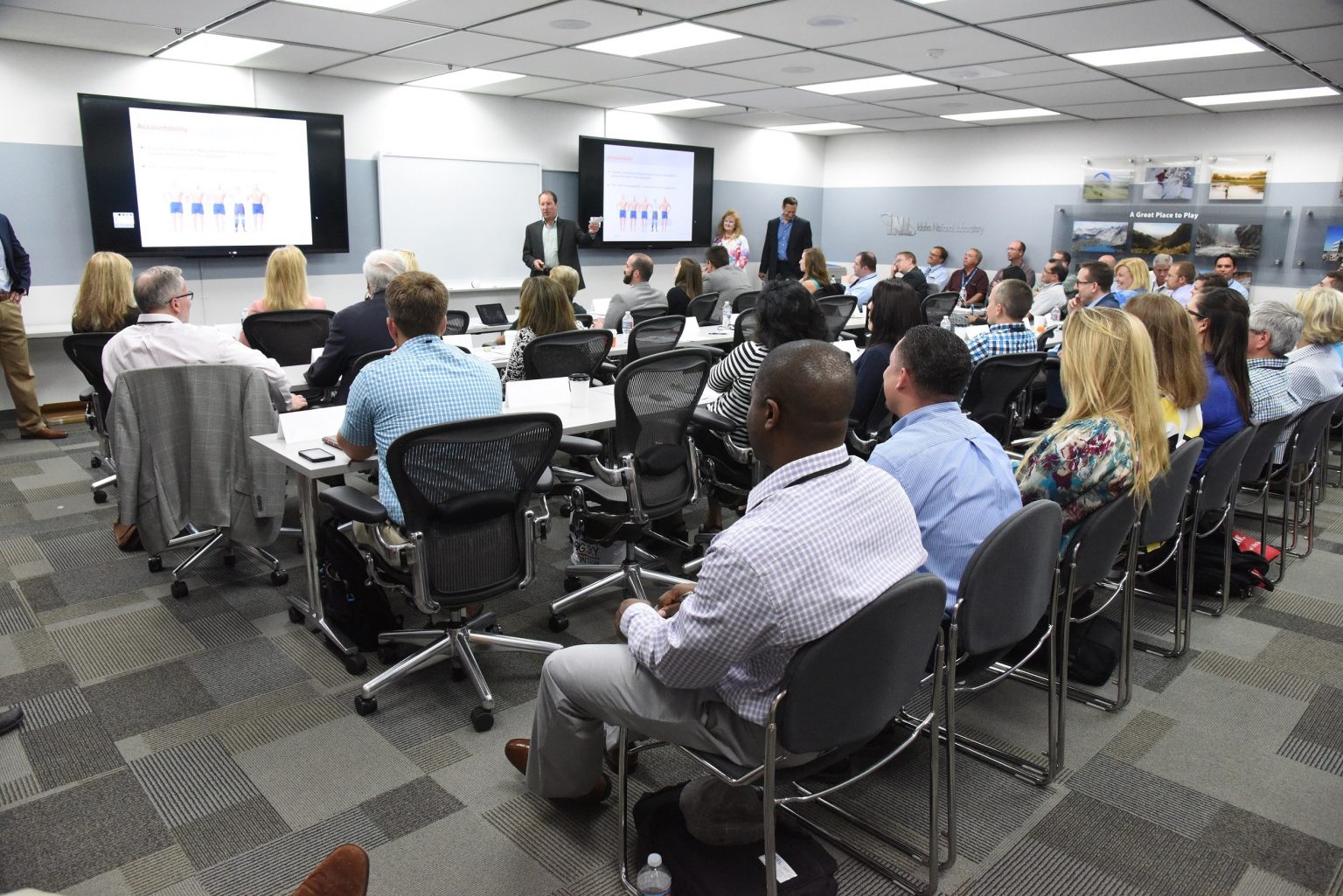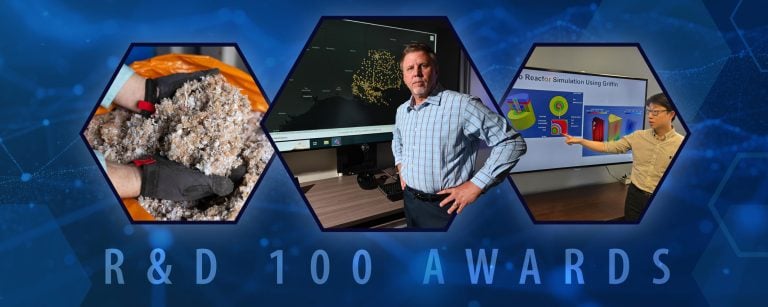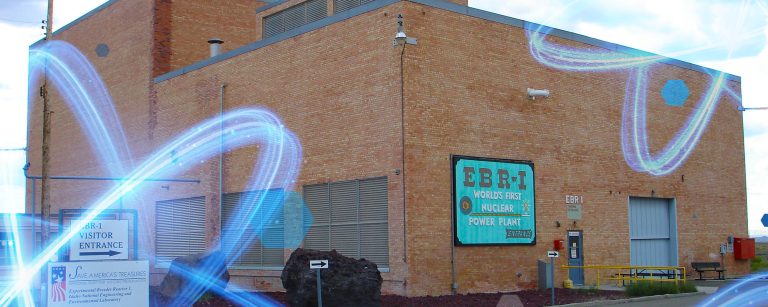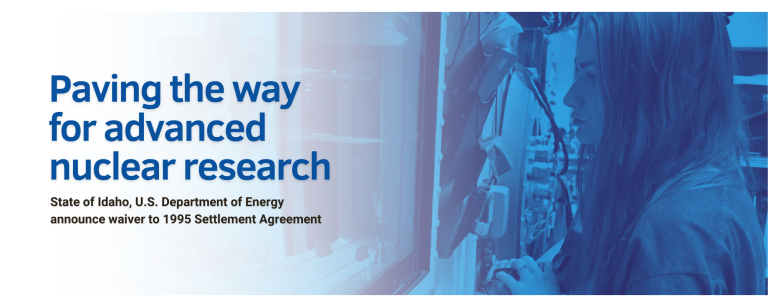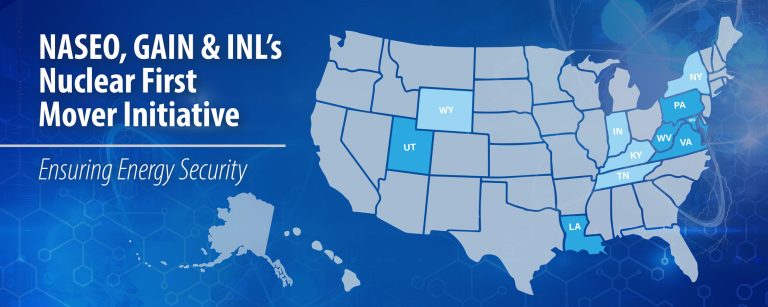Two Idaho National Laboratory employees were selected for the U.S. Department of Energy’s (DOE) Project Leadership Institute (PLI) 2020 cohort. Steve Martinson and Andrea Gilstrap are excited to follow in the footsteps of many talented DOE employees at this highly competitive program, designed to train project managers on managing high-risk projects for DOE.
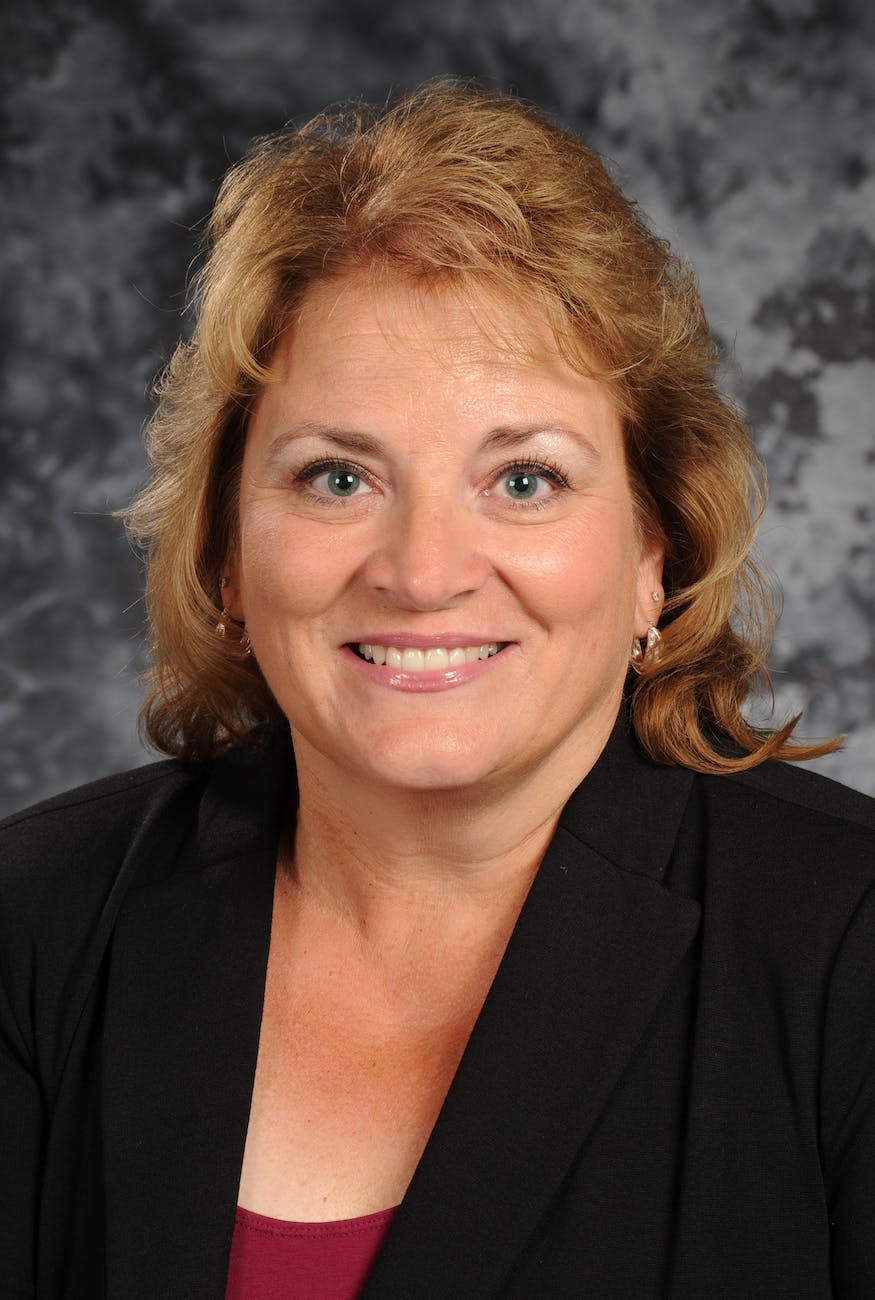
PLI, which only accepts around 25 students a year, is a rigorous program that focuses on four main learning objectives: strategic thinking and analysis, organization and general management skills, team building, and communications. Both Martinson and Gilstrap are highly qualified for the program; Gilstrap has supported several significant software projects, including the establishment of the Empower system, and Martinson has managed many high-caliber projects, including the Westinghouse uranium silicide fuel pellet production under the DOE Accident Tolerant Fuel Program.
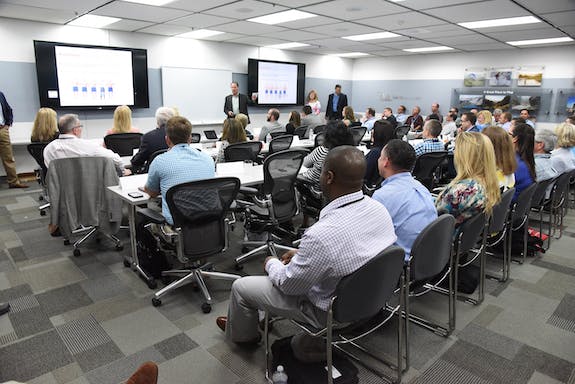
Both were honored to be selected. “When you work here at INL, the opportunities you have are just amazing,” Martinson said. “If you’re willing to take initiative, you will be able to see so much growth throughout your career. The PLI is a great example of that.”
Over the course of a year, participants will attend five in-person sessions in various locations, complete an online course during the summer, and produce a capstone project. The content is intended as both a leadership development and skill development course with subject matter tailored to the DOE environment.
Gilstrap and Martinson will be members of the fourth cohort of the PLI. INL has had at least one employee participating in each of the PLI cohorts.
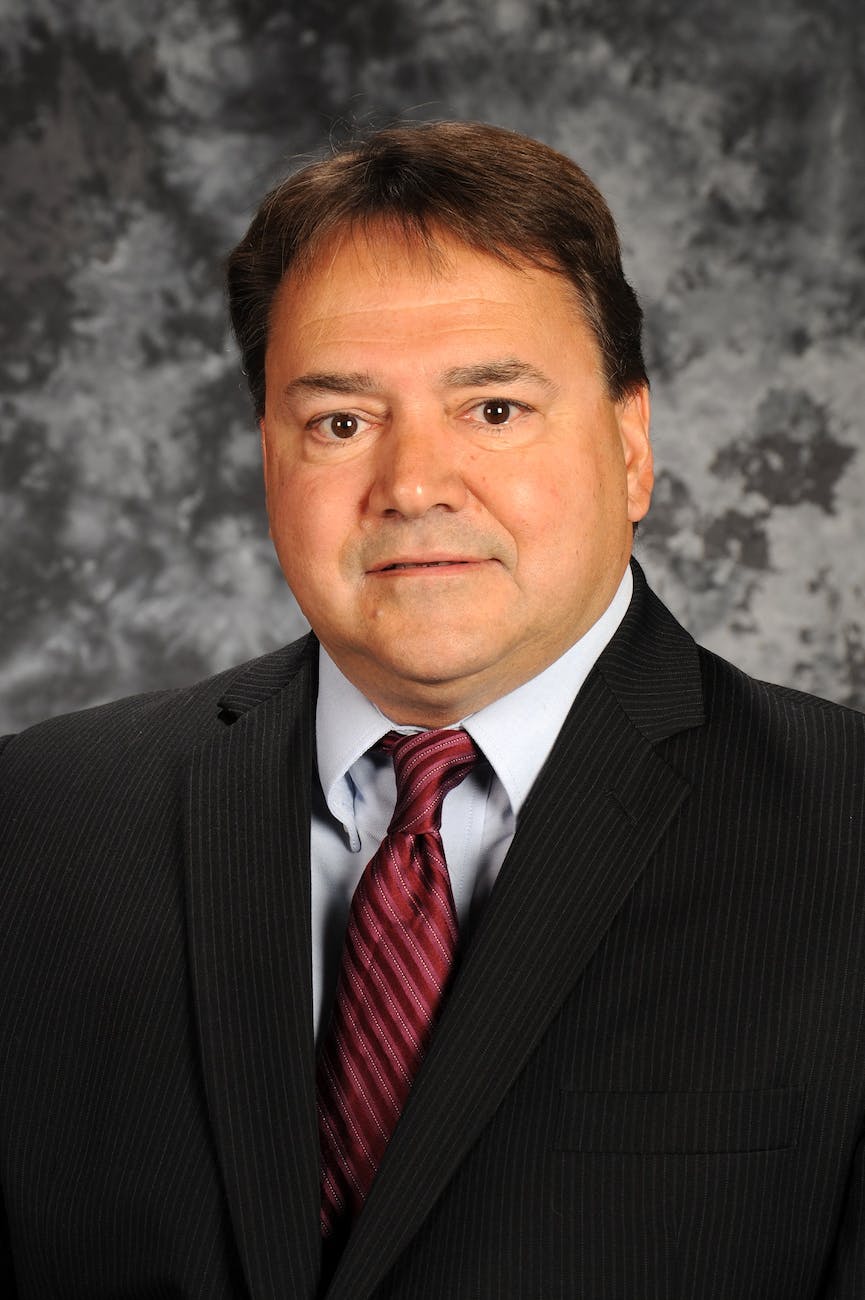
Sadie Butler, a graduate of the 2019 PLI cohort, felt that her experience in the yearlong course helped her develop stronger leadership skills. “Most leadership seminars teach how to lead as individuals, but PLI has helped me learn to lead as part of a team,” she said.
“I am very excited for the opportunity to enhance my leadership skills,” said Gilstrap. “The networking opportunities are great, and I think we will grow a lot through this exposure to our counterparts in DOE and other national labs.”
The 2020 cohort will begin work in January and finish the program in November.
